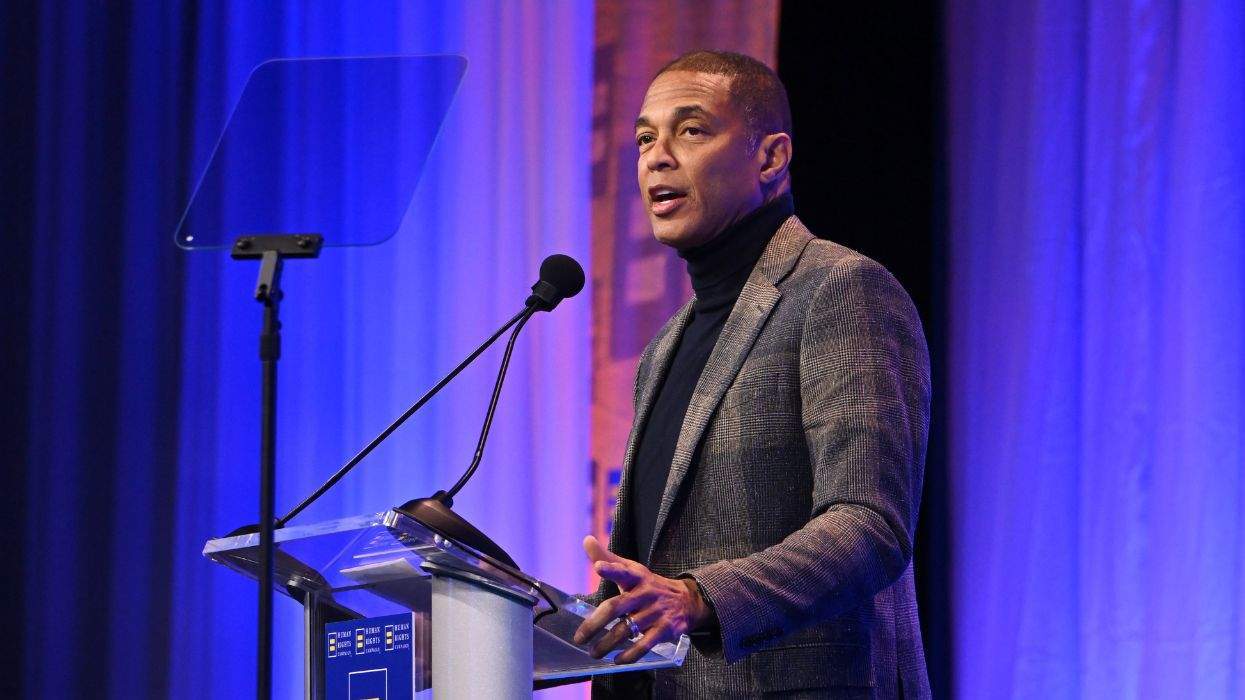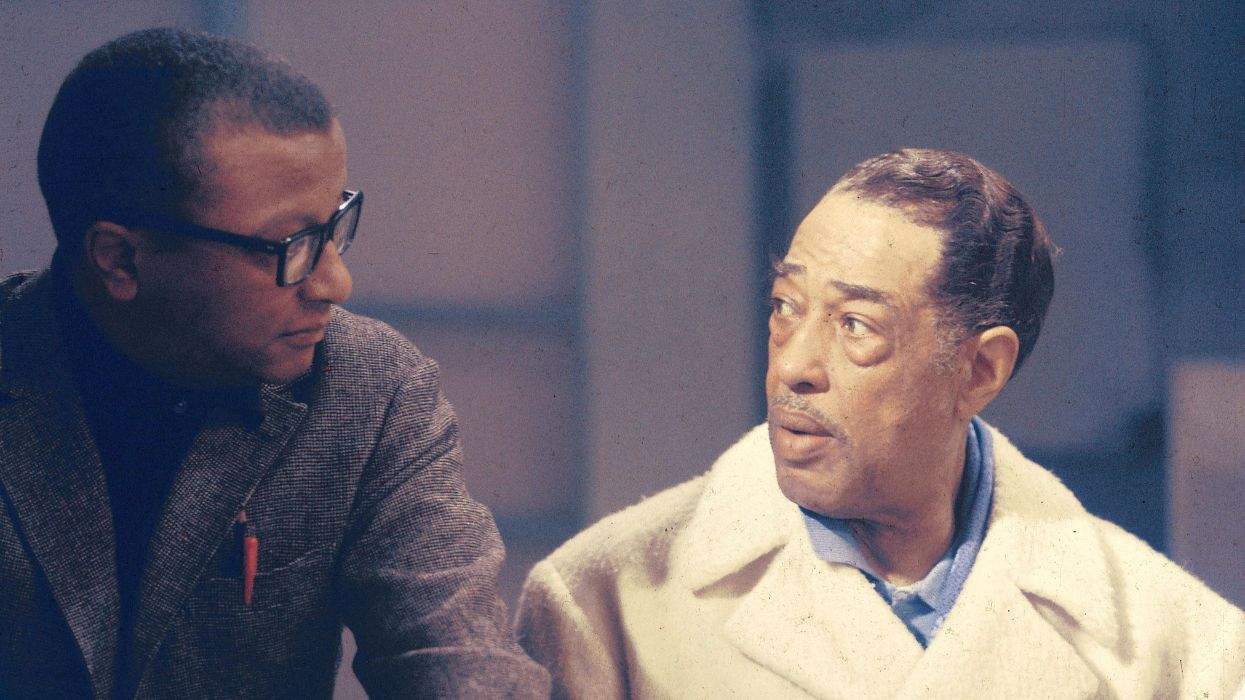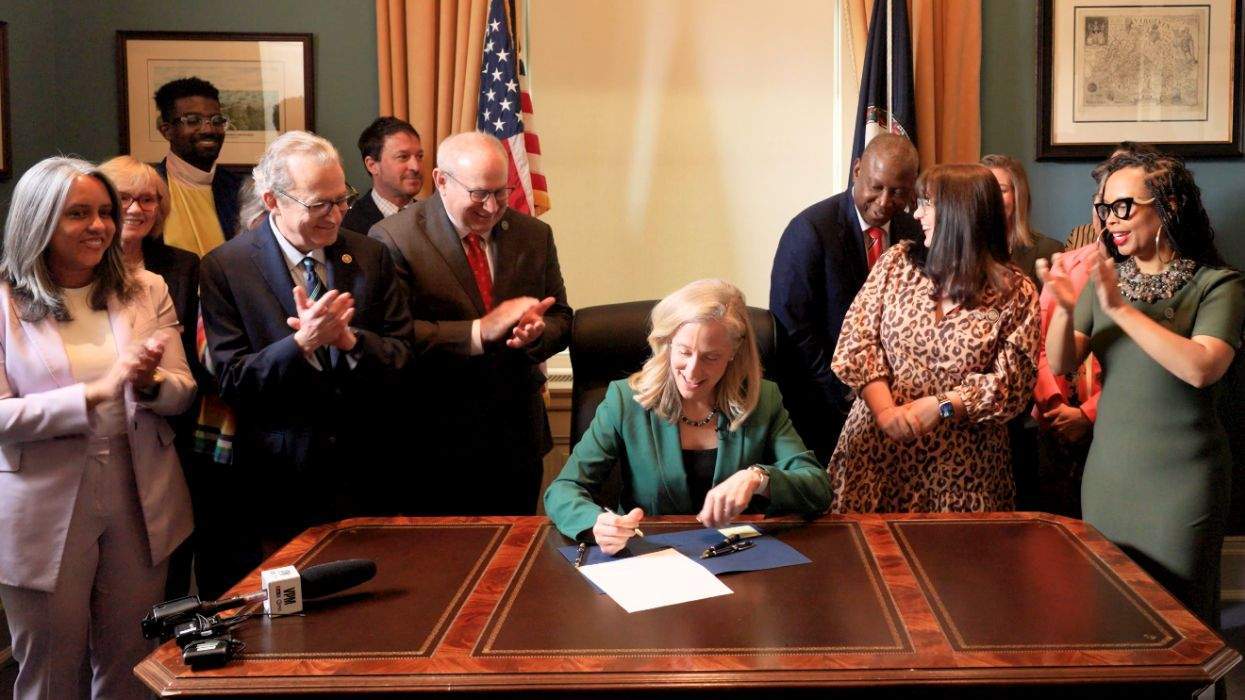I want you to consider the numbers -- in 2016, youth aged 13 to 24 made up 21 percent of all new HIV diagnoses in the United States. Most of those new diagnoses occurred among young gay and bisexual men. We are unsure of the full effect on transgender youth due to lack of proper data.
One thing is clear: Current prevention options are not making an impact on young people. We have proved over and over again that the current model of prevention is inefficient. But this isn't the whole story, as these pieces of data don't capture why these numbers look this way and the promise that new science might bring for us. I have a unique opinion when it comes to PrEP (pre-exposure prophylaxis), the idea of taking a pill a day to prevent HIV.
When I testified in front of the Food and Drug Administration for the approval of Truvada for PrEP, many members of the community spoke about the important choices and available options for vulnerable people. With an eye toward the young people who bear the brunt of the current HIV epidemic, I tailored my message to address the importance of young people needing more options and choices beyond what was currently available to them. My testimony was firmly rooted in the belief that bending the curve of this epidemic means changing how this country approaches young people -- their bodies, their health, and their rights.
Now that PrEP has been approved for teenagers, there are some important things to know to make the decision to support your child using the regimen. First of all, do your research. There is a lot of information available about PrEP, including studies that show it's safe and effective when taken properly. To put things in perspective, PrEP is 99 percent effective in preventing HIV seroconversion when taken correctly. There is plenty of guidance for health care providers out there to help people who decide to use PrEP, and it's very rare to see a denial for PrEP by any public or private insurance plan.
Think of PrEP as another classic teen rite of passage: driving. Consider all the work and effort you put into preparing your child to drive, from teaching them the rules of the road to the importance of safety measures and using safeguards like a seat belt or an airbag; PrEP use is just as simple as that. If you think about the science in this metaphor, PrEP is indeed similar to the airbag -- it's something that is always working, where a condom is more like a seat belt -- it only works when you take the time and effort to use it, but we still provide both in a car because we know that each can play a role.
Options, choices, and information. That's what we're fighting for, a chance to take us somewhere different in this epidemic. We must find a way to make sure that young people understand what tools are available and make sure they are making informed decisions about their health. As a parent, uncle, aunt, guardian, or role model, you have the power to help turn the tide of HIV diagnoses among young people. By having a dialogue and offering an informed choice about PrEP and reevaluating what "safer" sex really means, you can establish a new normal that values openness and eliminates the stigma of talking about sexual health. I ask you to think about what your involvement means as you work together to set the standard for how young people can prioritize their health. This is your opportunity to leave the younger generation with the lasting legacy of empowerment.
MATTHEW ROSE is the policy and advocacy manager for NMAC, formerly known as the National Minority AIDS Council. NMAC media strategist Daniel Pino contributed to this op-ed.















Charlie Kirk DID say stoning gay people was the 'perfect law' — and these other heinous quotes
These are some of his worst comments about LGBTQ+ people made by Charlie Kirk.